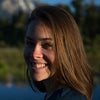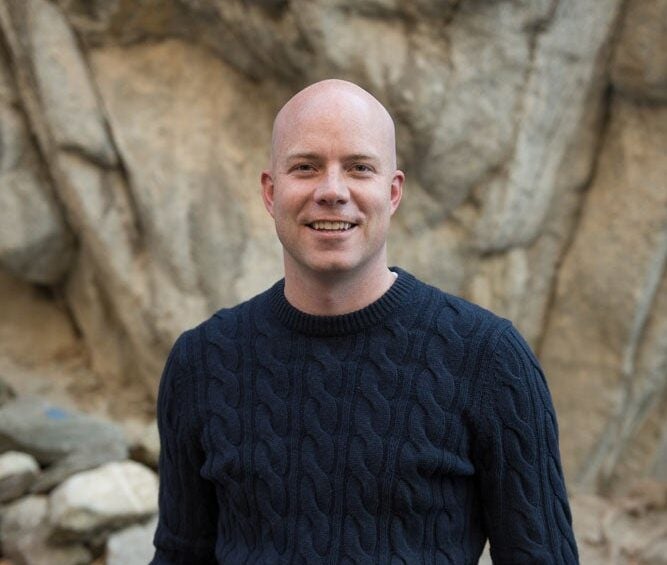A couple of years ago, Cotopaxi was a small brand with five backpacks. Now, the company makes more than 150 SKUs, and the stories behind some of its products have gone viral. Cotopaxi is a colorful company in ways that go way beyond its signature neon hues: it runs a highly successful adventure race called Questival, tells its brand story in a way that resonates with customers, and focuses on turning profits into empowerment for people around the world. Last year, the brand started working with refugees who settled in Salt Lake City to help get them job-ready by teaching them important tech skills. We asked founder and CEO Davis Smith where the company is headed, and how it’s come so far so quickly.
Cotopaxi has grown pretty quickly into a company that’s well known beyond just the core outdoor industry. Why are you using Kickstarter to fund new products?
Crowdfunding is amazing. It’s a channel we just started using in the last 12 months. We think of it as an opportunity to tell our brand story to a new audience that wants to learn about the value behind the brand. We launched a few products last year via Kickstarter, including the Inti, a new tent, and then we launched the Libre Sweater, made from llama wool. This year, we did the Allpa ���ϳԹ��� Travel Pack. What we see is that this is a really great channel for us to acquire new customers. People are discovering our brand on these crowdfunding platforms. Then once they discover us, they’re loyal to the brand. Crowdfunding isn’t just for people making a product from their garage. It’s also for young brands trying to tell their story.
What is the company culture like at Cotopaxi? How important is work/life balance for you?
As important as this business is to me, my family is more important. I want everyone in my company to know that. Yeah, there are times when it’s necessary to work longer hours, like for Questival, or when a trade show is happening. There are sacrifices you have to make for your job, but I also want people to make sacrifices in their jobs for their families. We offer a lot of ways for employees to make more time for their personal lives. They can spend 10 percent of their workweek in the wild. So they can come in late or leave early to accommodate a camping trip, for example. We also give unlimited vacation. We don’t track people’s days off, and we encourage people to take time to travel. When staff members have been with us for 18 months, we’ve paid for them to go on trips from their bucket list. Living by example is important. I want to make sure people understand, “Hey, I’m going to take the time off to do these things, too.” Living a balanced life is something we believe in strongly.
What’s your vision for Cotopaxi? Where do you think the brand will be in ten years?
We’re really, truly looking to build the next big outdoor brand. We’re a digitally native brand, a brand that was born online. These types of brands can grow much faster than traditional ones. For brands like The North Face and Columbia, it took them decades to get where we’ve gone in just three years. A lot of it is because of social media. It can really accelerate growth. We were feeling very ambitious about our goals for growing this brand, but we’ve achieved more than we thought possible.
Tell us more about Questival, your adventure race event series. That’s grown a lot, too. Why do you think it’s working?
Questival is a 24-hour adventure race that allows people to experience the outdoors and their city in a new way. I had never heard of a brand hosting an event like this before we hosted Questival, but now it seems like more and more brands are holding these kinds of activations. It helps people experience your brand, live your brand. Your brand is more than just making great gear. A lot of brands make great gear, but this gives people an opportunity to build relationships and trust. When you connect with customers on a deep level like that, they end up becoming brand evangelists.
Why have you chosen to make Cotopaxi’s mission so people-focused?
We made a conscious decision on the very first day we met as a team to focus our mission on people. As lovers of the outdoors, we obviously care deeply about the environment, but our passion really lies in helping people. My dad’s job took us all over the developing world when I was growing up, and I returned there as an adult, spending nearly half my life living abroad. I saw poverty that most in the developed world don’t even understand exists and felt I had a responsibility to find a way to help. I was no smarter, better, or more deserving than them. I was lucky. Our mission is to not only do good as a brand, but to inspire others to join us along the way. We try to inject our mission of helping people into every aspect of our business. We include a handwritten thank-you card in every customer order, written by a resettled refugee here in Salt Lake City.


